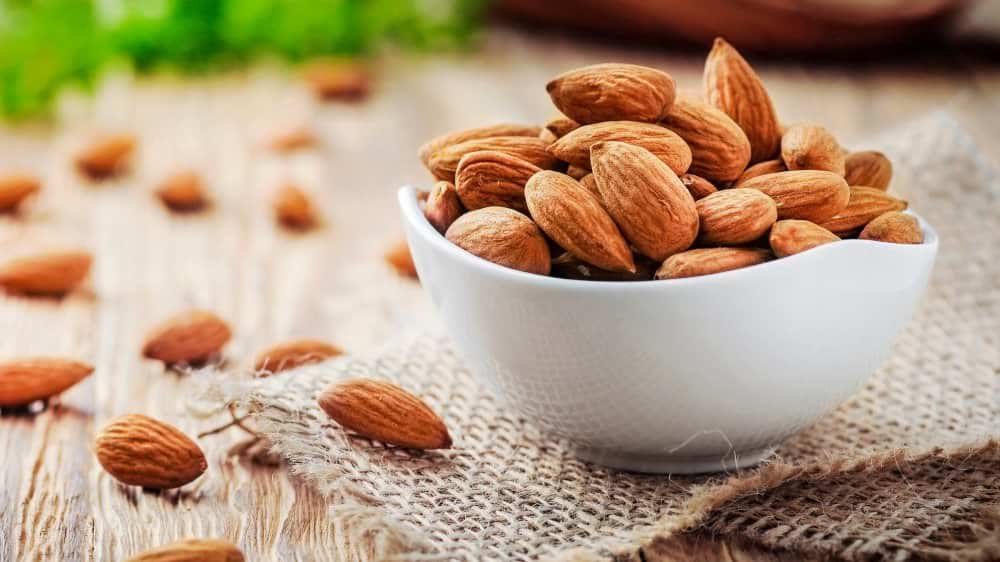turmeric Anti-Aging effects
Top #7 Turmeric: Anti-Aging effects If curcumin can really help prevent heart disease, cancer and Alzheimer’s, it would

Also known as vitamin H, biotin ( part of B complex group) is a water soluble vitamin that plays a key role in the metabolism of nutrients and in the production of energy. Focus on this vitamin unknown to the general public …

Vitamin H, more commonly known as biotin, is part of the B complex group of vitamins. All B vitamins help the body to convert food (carbohydrates) into fuel (glucose), which is used to produce energy. These B vitamins, often referred to as B complex vitamins, also help the body metabolize fats and protein. B complex vitamins are needed for healthy skin, hair, eyes, and liver. They also help the nervous system function properly.
Biotin is essential for the renewal of skin, nail and hair cells, three roles which form the basis of its main medical indications.
Hair issues : Biotin is often used as a treatment against hair loss, whether in care products (shampoos, lotions, conditioners, etc.) or in food supplements, in which it is most often vitamin B5.
These treatments would be mainly effective in people with a deficiency or deficiency in vitamin H. According to a recent study1, more than one in 3 women affected by diffuse alopecia (hair loss over the entire head) is deficient in vitamin H.
Improves skin health : A lack of Biotin can cause seborrheic skin (inflammatory dermatoses in the form of red plaques) or acne.
Strenghtens nails : Since fingernails are just like hair, biotin also helps improve health and quality. A study conducted by Dr Larry Hochman in 1993 at the University of Colombia3 shows that 63% of people supplemented with vitamin H saw the quality of their nails improve. Nails tend to get thicker and less brittle under the influence of biotin.
Diabetes: Preliminary research indicates that a combination of biotin and chromium might improve blood sugar control in some people with type 2 diabetes, but biotin alone doesn’t seem to have the same effect. More research is needed to determine whether biotin has any benefit
Like most B vitamins, biotin is found in a wide variety of foods, but usually in low concentrations. The only two foods that contain vitamin H in high quantities are brewer’s yeast (179 µg / 100g) and royal jelly (107µg / 100g).
Other interesting sources of biotin are oilseeds, especially almonds (49 µg / 100g), organ meats, in particular liver and kidneys (27 to 37 µg / 100g), wholemeal bread (32 µg / 100g), legumes such as black beans (18 µg / 100g), hard-boiled eggs (16 µg / 100g), certain cheeses such as cheddar or brie (6 to 8 µg / 100g), vegetables such as chard, tomatoes carrots or lettuce (5 to 11 µg / 100g) and red fruits such as strawberries and raspberries (1 to 4 µg / 100g).
The amount of biotin in foods varies a lot depending on the season and variety, and its bioavailability is generally quite low (only 20-40%).
Adequate daily intakes for biotin from food, according to the National Academy of Sciences, are listed below.
♦ Pediatric
♦ Pediatric
Biotin is available in multivitamins and B-vitamin complexes, and as individual supplements.
Standard preparations are available in 10 mcg, 50 mcg, and 100 mcg tablets and contain either simple biotin or a complex with brewer’s yeast.
Because of the potential for side effects and interactions with medications, you should take dietary supplements only under the supervision of a knowledgeable health care provider.
Nevertheless, biotin has not been associated with side effects, even in high doses, and is considered to be nontoxic
Tell your doctor, pharmacist, and other healthcare providers about any dietary supplements and medicines you take. They can tell you if those dietary supplements might interact or interfere with your prescription or over-the-counter medicines
Top #7 Turmeric: Anti-Aging effects If curcumin can really help prevent heart disease, cancer and Alzheimer’s, it would
Top #6 Arthritis Patients Respond Very Well to Turmeric Supplements Share on facebook Share on twitter Share on
Top #5 Improved Antioxidant Capacity Share on facebook Share on twitter Share on pinterest Share on email Antioxidants
Top #4 Turmeric could Be Useful in Preventing and Treating Alzheimer’s Disease Share on facebook Share on twitter
Top #3 Turmeric Can Help Prevent (And Perhaps Even Treat) Cancer Share on facebook Share on twitter Share
Top #2 Turmeric Lowers Your Risk of Heart Disease Share on facebook Share on twitter Share on pinterest
Statements on this website have not been evaluated by the Food and Drug Administration. Products are not intended to diagnose, treat, cure or prevent any disease. If you are pregnant, nursing, taking medication, or have a medical condition, consult your physician before using our products.
Disclaimer: this site is not a part of the Facebook™ website or Facebook Inc. Additionally, this site is NOT endorsed by Facebook™ in any way. FACEBOOK is a trademark of FACEBOOK, Inc.

Your Privacy Is Important To Us
This website uses cookies so that we can provide you with the best user experience possible. Cookie information is stored in your browser and performs functions such as recognising you when you return to our website and helping our team to understand which sections of the website you find most interesting and useful.
Strictly Necessary Cookie should be enabled at all times so that we can save your preferences for cookie settings.
If you disable this cookie, we will not be able to save your preferences. This means that every time you visit this website you will need to enable or disable cookies again.
More information about our Cookie Policy